Learning from Adverse events
This white paper represents the combined efforts of a number of CIEHF members. It shares their considerable knowledge and experience of human factors in incident prevention and management, and is designed to: 1. Help organisations understand a human factors perspective to investigating and learning from adverse events. 2. Provide key principles organisations can apply to capture the human contribution to adverse events. How organisations learn, and fail to learn, from adverse events is discussed. Practical guidance on the application of human factors in the investigation process is presented. Nine principles for incorporating human factors into learning investigations are identified. They are embedded throughout the document, collated in section 5 and summarised below: 1. Be prepared to accept a broad range of types and standards of evidence. 2. Seek opportunities for learning beyond actual loss events. 3. Avoid searching for blame. 4. Adopt a systems approach. 5. Identify and understand both the situational and contextual factors associated with the event. 6. Recognise the potential for difference between the way work is imagined and the way work is actually done. 7. Accept that learning means changing. 8. Understand that learning will only be enduring if change is embedded in a culture of learning and continuous improvement. 9. Do not confuse recommendations with solutions.
Duiding score:
Duiding:
Broad overview of human factors into events and losses affecting the public at large through health and social care practices, public welfare, and the financial and other sectors. Clear explantion of 9 principles for learning from events.
Doelgroep(en):
- Beleidsmakers
- HSE managers
- Toezichthouders
Risicothema:
- Monitoring and Learning - Leren van Incidenten
| Categorie | Uitgever | Maker | Taal |
|---|---|---|---|
|
Publicatie |
- |
www.ergonomics.org.uk |
English |

